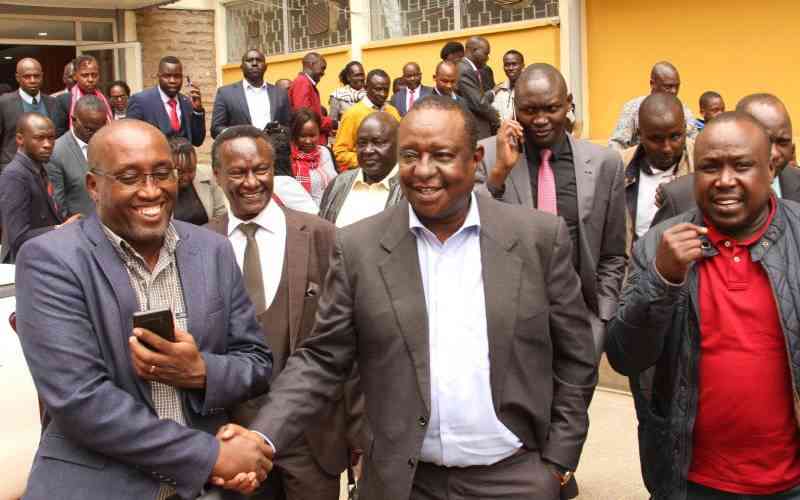
This week saw the acquittal of former Treasury Cabinet Secretary Henry Rotich from the Arror and Kimwarer dams-related charges. While releasing the former CS, the presiding magistrate made some disparaging comments about the conduct of the Office of the Director of Public Prosecutions indicating that the office had been complicit in the case's collapse.
These averments by the magistrate bring to the fore what anyone who has been involved in criminal prosecutions on high-profile matters knows: it is near impossible to obtain convictions. For the avoidance of doubt, I do not seek to adjudge Rotich guilty. The court acquitted him and in the eyes of the law he is innocent. The discussion is not about his specific case but the wider issue of the prosecution of high profile, particularly corruption cases.